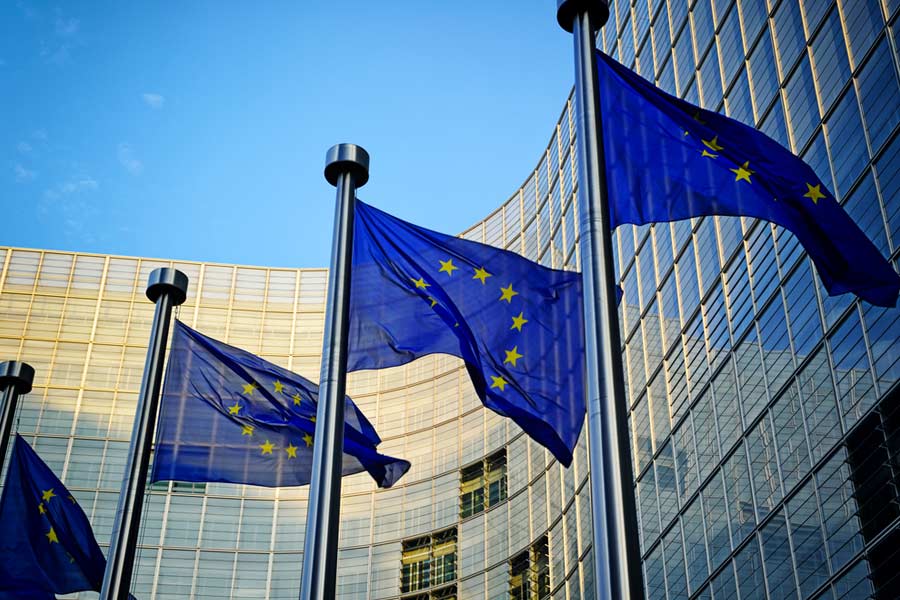In a season of electoral shifts, the European Union last week delivered its own dramatic verdict, with far-Right parties making major gains in the elections to the European Parliament, giving them unprecedented influence over the bloc’s policies for the next five years. The centre-Right European People’s Party of the EU chief, Ursula von der Leyen, retained its position as the biggest group in the legislature. But Identity and Democracy, a coalition of far-Right parties led by Marine Le Pen of France’s National Rally, won 58 seats, nine more than in 2019. Liberal parties and the Greens lost a substantial chunk of their votes and seats. The European Parliament verdict suggests a deepening rightward tilt in European politics. While Ms von der Leyen is expected to be able to secure a second term as president of the European Commission, the gains for the far-Right mean that policies relating to migration, climate change and funding for Ukraine, among other issues, could become bigger flashpoints than before. Yet, the impact of the European election results will be felt not just on the continent’s transnational Parliament but also in the domestic politics of some of its biggest nations.
Already, the French president, Emmanuel Macron, has called for snap polls to the country’s Parliament, to be held over the next month, after his Renaissance party suffered a major setback in the European elections. It won only half of the 30% votes that Ms Le Pen’s National Rally secured. If the French elections see a repeat, the country’s next Parliament could be dominated by parties currently in the Opposition and the nation might have a situation known as cohabitation where Mr Macron as president has to work with a prime minister from a rival party. Meanwhile, in Germany, the Social Democratic Party of the chancellor, Olaf Scholz, came third in the country in the EU election, behind the conservative alliance of the Christian Democratic Union and the Christian Social Union as well as the extreme-Right Alternative for Deutschland. Mr Scholz has ruled out calling early elections, but for now, the verdict of German voters — as also their French counterparts — appears to be clear. They feel ignored as inflation remains high and energy prices continue to soar. Their anger represents what could prove to be a defining test for the EU. If the far-Right rises further, centrist parties will have only themselves to blame. Liberal ideals do not pay electricity bills or put food on the table.










